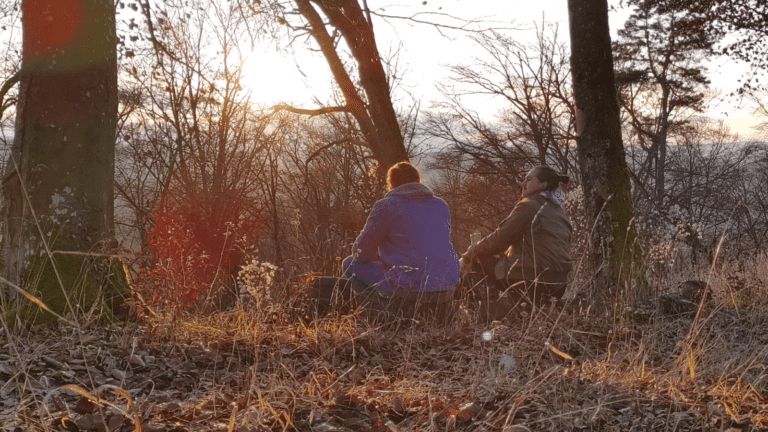Accept your weaknesses and forgive yourself for missteps
In our society, it is not appreciated when we give in to our weaknesses. On top of that, our strictest judge in this is usually ourselves. But is it really so bad when we sometimes give in to our desires? In this article, we will take a closer look at this issue.
For simplicity's sake, let's assume that our goal is to eat less sweets. We approach the whole thing with as much discipline as possible and actually manage to give up sugary nibbles altogether in the first week. In the second week, however, our thoughts circle around one of the candy bars that we know are in the kitchen cupboard, like vultures in the desert who know that an injured animal of the wildebeest herd, will soon perish. We try to stay strong, but the more we tell ourselves that we don't need that bar, the greater our craving for the forbidden thing becomes.
At some point, possibly after the second or third week, we become weak and eat everything we have left. This could have been prevented if we had allowed ourselves to eat a candy bar at the end of the first week. If we had been a little more willing to compromise with ourselves, we could have told ourselves that we could eat one candy bar for each week without sweets. By making this compromise, we might have been able to prevent worse relapses.
But there is another problem when we vehemently resist giving in to our weaknesses. If we completely forbid ourselves sweets, then we will not enjoy eating them. So the real purpose of the sweet, the enjoyment, is pushed aside by our inner voice and feelings of guilt. This means that we have now not only given in to our weakness, but also have not yet derived any pleasure or added value from it.
So if we are going to indulge in our weaknesses, then at least this should be done with a consciousness that allows us to accept the weakness. Otherwise, we curse ourselves for not being firm. We curse ourselves and yet we will be just as prone to repeat the mistake as if we accept it.
Of course, this approach is not meant to be a justification for not making any efforts at all. It should help you not to be too strict with yourself. To stay with the example of sweets, it is better to eat a chocolate bar than a whole bar of chocolate and it is better to enjoy this bar instead of despising yourself for it. Who knows, maybe the bar then also shows us that it was not as good as we had imagined. And that even though we actively enjoyed it. In this way, it can also help us to have even fewer cravings for it in the future.
When this thought crossed my mind, I had to think of a quote from the Daoist Lao Tzu, who once said: "Man at birth is supple and tender; in death he is stiff and hard. Plants when young are pliable and soft; but when dead they are brittle and dry. Therefore, suppleness and softness are the companions of life. Brittleness and hardness, on the other hand, are the companions of death." because it is out of touch with life to be too hard on yourself. Or, in other words, you should be soft and flexible enough not to break if you don't keep one of your resolutions. As long as the general direction one strives for is one of growth and development, occasional setbacks are of no consequence. And one should be all the less upset when they do happen. One should observe where they come from and what one can learn from them, and one should also learn to enjoy them to some degree. After all, what's the point of eating a candy bar if it's not accompanied by joy but self-loathing.
What is your opinion on this subject? Do you think that you should accept your mistakes or be stricter with yourself and avoid them as much as possible? Share your views with us in the comments.







